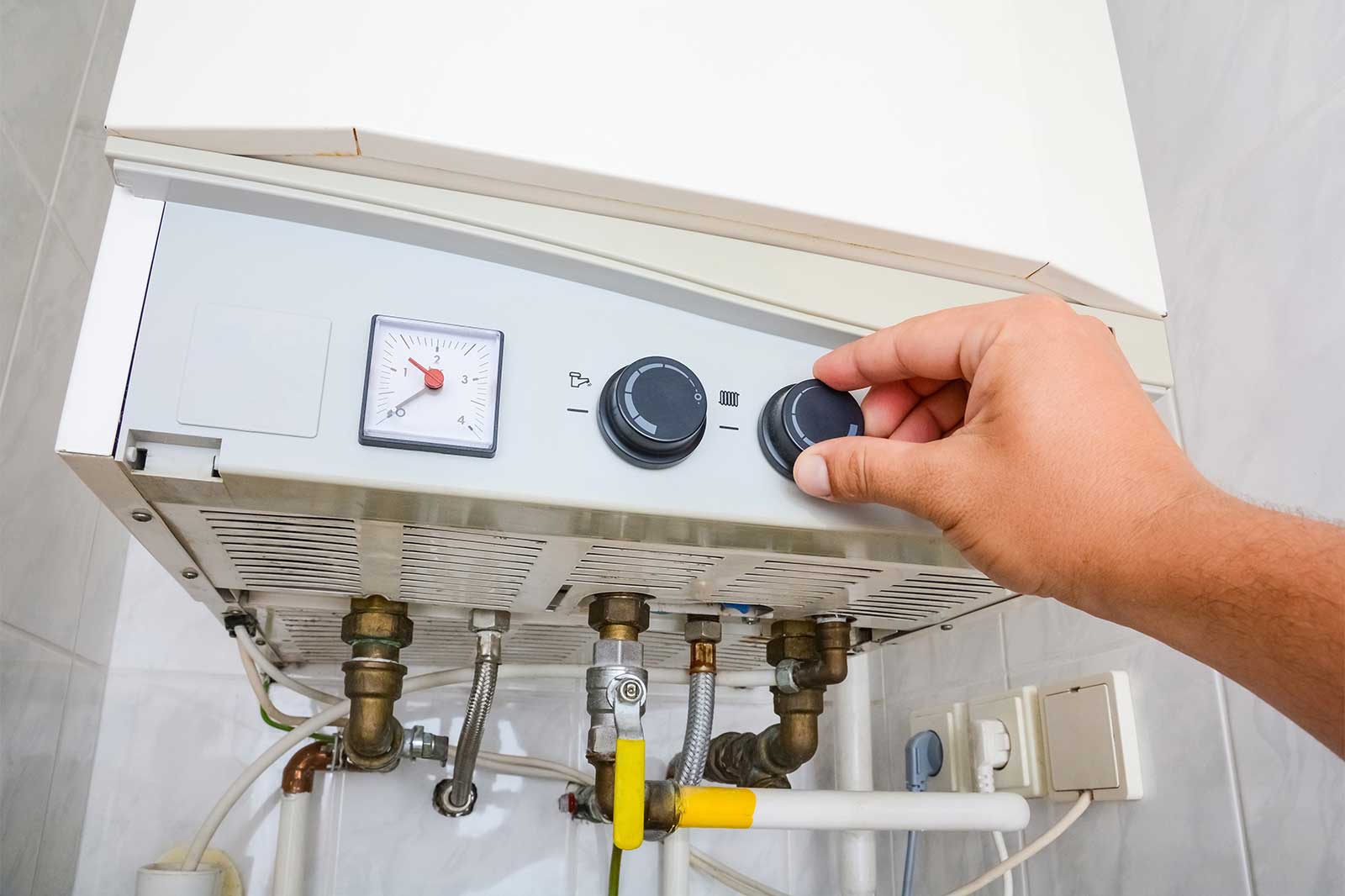
Hot water is a modern luxury we often take for granted. From invigorating showers to refreshing dishwashing, it plays a vital role in our daily routines. But when your trusty water heater malfunctions, a sense of urgency sets in. This article dives into the world of water heater installation and plumbing leak repair, empowering you to navigate these essential home maintenance tasks.
Water Heater Installation: Choosing the Right Fit
Installing a new water heater requires careful consideration. Here’s a breakdown of the process:
- Fuel Type: Water heaters come in various fuel types, including gas, electric, and solar. Gas water heaters are generally faster and more efficient, but require professional installation due to safety concerns. Electric water heaters are simpler to install but may have higher running costs. Solar water heaters are the most eco-friendly option but come with a higher upfront cost and require specific conditions for optimal performance.
- Tank vs. Tankless: Tank water heaters store preheated water, offering readily available hot water but potentially wasting energy. Tankless water heaters heat water on demand, resulting in higher efficiency but potentially requiring adjustments to water flow for consistent hot water delivery.
- Size: Selecting the right size is crucial. Larger tanks provide more readily available hot water but require more space and energy. Smaller tanks are more space-efficient but may not meet the hot water demands of a larger household. Consider factors like your household size, showering habits, and appliance usage to determine the ideal size.
The Installation Process:
- Permitting: Check with your local building department to see if a permit is required for water heater installation.
- Safety Shut-Off: Ensure your new water heater has a pressure relief valve and a thermal expansion valve to prevent pressure build-up and potential ruptures.
- Professional Installation: While some homeowners with plumbing experience may consider DIY installation, it’s highly recommended to hire a licensed plumber. Plumbers ensure proper venting, and gas line connections (for gas models), adhere to local codes, and can address any unforeseen complications during the process.
Plumbing Leak Repair: Identifying and Addressing the Issue
A water leak in your home can be a stressful situation. However, by acting quickly and taking the necessary steps for plumbing leak repair, you can minimize damage and restore normalcy.
- Identifying the Source: Locate the source of the leak. Common areas include connections around the water heater, pipes under sinks, and behind walls around showers and bathtubs. Look for visible water damage or listen for dripping sounds.
- Shut off the Water Supply: The first step is to shut off the water supply to the leaking area. Locate the shut-off valve near the water heater or under the sink in the affected area.
- DIY vs. Professional Repair: For minor leaks, such as a loose connection around the faucet, a DIY repair might be feasible. However, for more complex leaks or those involving hidden pipes, calling a professional plumber is crucial. Plumbers have the expertise to diagnose the cause of the leak, repair the damage, and ensure the system is functioning properly.
Tips for Preventing Leaks:
- Regular Inspections: Schedule annual inspections by a licensed plumber to identify potential problems before they become major leaks.
- Insulate Pipes: Insulating exposed pipes in unheated areas can prevent them from freezing and bursting in cold weather.
- Water Pressure Regulation: A high water pressure can increase the risk of leaks. Consider installing a pressure regulator to maintain safe and consistent water pressure throughout your home’s plumbing system.
- Replace Old Fixtures: Over time, faucets, valves, and other plumbing fixtures can wear out and become prone to leaks. Replacing old fixtures with new ones can help prevent leaks and improve water efficiency.
By understanding water heater installation and plumbing leak repair, you can ensure your home’s hot water system runs smoothly and efficiently. Remember, timely action and seeking professional help when necessary are key to maintaining a comfortable and functional living environment.






More Stories
Scuba Diver AustralAsia – Singapore’s Primary and Best Scuba Diving Magazine!
Shopping in Barbados
New York City – Budget Accommodation Guide – Bed & Breakfasts